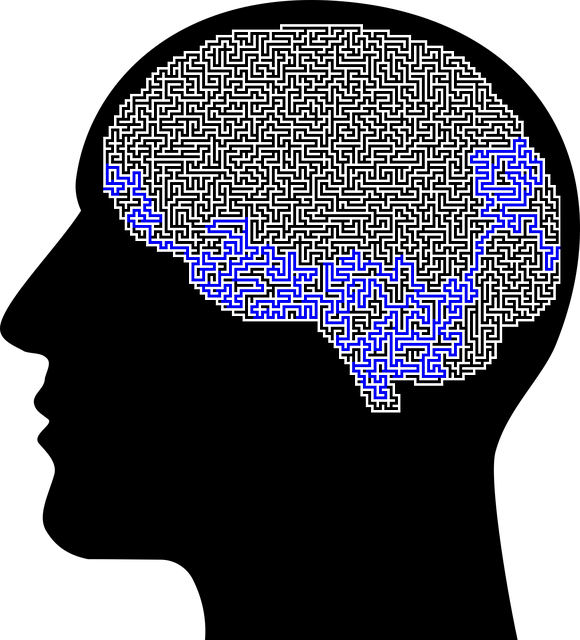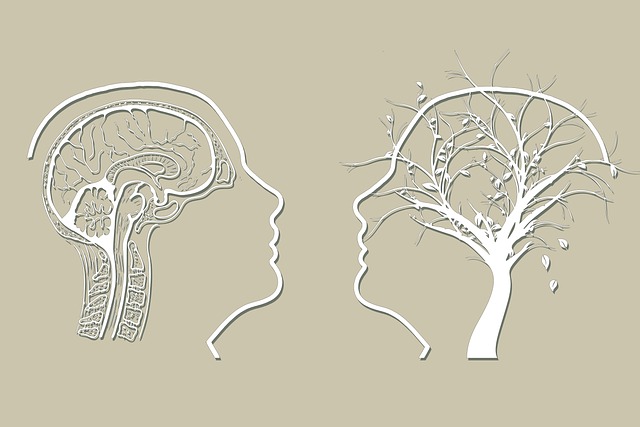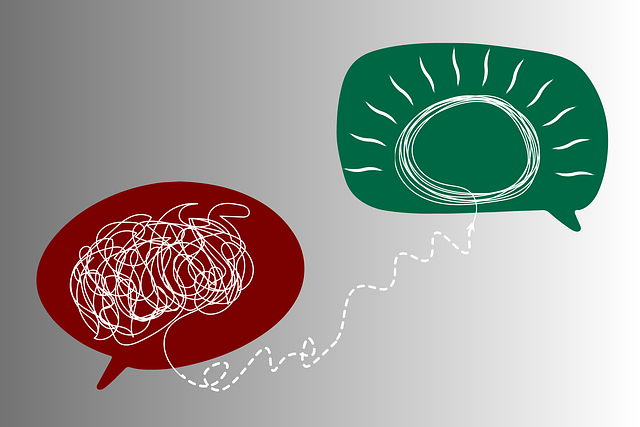In the digital age, mental wellness apps offering personalized support, including Castle Rock Depression Therapy (CRDT), have become increasingly popular due to their accessibility and convenience. These apps utilize AI technologies to adapt content based on individual progress. When developing a CRDT app, API integration is crucial for smooth operations; developers must address issues like gateway timeouts caused by network latency or maintenance through robust error-handling mechanisms such as retry logic, exponential backoff, and alternative endpoints, ensuring responsiveness and reliability for users seeking CRDT support.
In today’s fast-paced world, mental wellness apps are becoming essential tools for managing stress and conditions like Castle Rock Depression Therapy. As awareness grows about the importance of mental health, developers are creating innovative solutions to provide accessible support. This article explores the key considerations in developing effective mental wellness apps, from evidence-based practices to user experience design. By examining trends and best practices, we aim to highlight how these digital therapeutics can positively impact users’ lives.

In today’s digital age, the demand for mental wellness apps has skyrocketed, offering individuals accessible and personalized support for their emotional well-being. These applications, designed to cater to diverse needs, can be a game-changer in managing conditions like Castle Rock Depression Therapy. By providing evidence-based practices and interactive tools, they empower users to actively participate in their journey towards mental health recovery.
One key advantage is the convenience they offer. With just a few taps, individuals can access therapeutic exercises, meditation guides, and counseling sessions from the comfort of their homes. Moreover, these apps often utilize advanced technologies like artificial intelligence to adapt content based on user progress, ensuring a tailored experience that addresses specific challenges, such as those faced by those seeking Castle Rock Depression Therapy.
API responded with status code 504.

When developing a mental wellness app, such as those offering Castle Rock Depression Therapy, API integration is crucial for functionality and user experience. However, developers must be prepared to handle potential issues like gateway timeouts indicated by status code 504. This code signifies that the server did not receive a timely response from an upstream server, which could be due to network latency or maintenance.
For smooth app operations, it’s essential to implement robust error-handling mechanisms to gracefully manage such scenarios. Developers can employ techniques like retry logic, exponential backoff, and alternative API endpoints to mitigate the impact of temporary service disruptions. Ensuring your mental wellness app remains responsive and reliable is key to providing a seamless experience for users seeking Castle Rock Depression Therapy support.
As we’ve explored, mental wellness app development is a complex yet promising field. Integrating innovative solutions like those offered by Castle Rock Depression Therapy can significantly enhance access to care and improve user experiences. However, developers must navigate challenges such as API limitations (e.g., 504 errors) to ensure seamless functionality. By addressing these issues and leveraging available tools, the future of mental health apps looks bright, potentially revolutionizing access to therapy and support for individuals seeking balanced minds.











